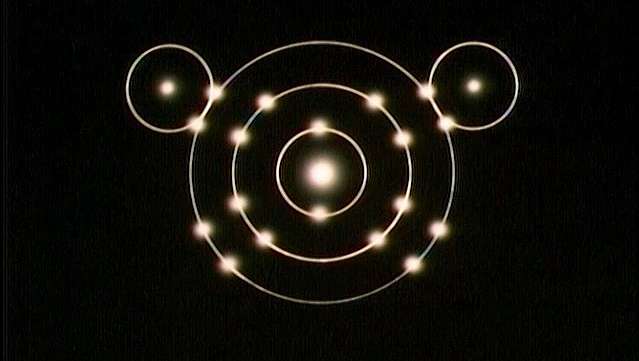
There are abundant elements on the earth. Each and every element has some specific properties and nature. Hydrogen is the simplest element that stands unique in comparison with the rest of the elements. We all know that hydrogen is the first element in the periodic table and is also the most abundant element in the universe. In this article, we will throw some light on hydrogen and its unique properties as it is positioned separately in the periodic table.
What is hydrogen?
Hydrogen, the first element is the smallest and lightest element among all the elements. The atomic number of the element is 1 and its atomic weight is 1.008. As it comprises very low density it is difficult to determine exactly what amount of hydrogen is present in the universe. It is the major atom in the formation of organic compounds. The chemical symbol for the element is H.
Existence in nature
Hydrogen exists in nature majorly in the form of water. Each molecule of water comprises two atoms of hydrogen and one atom of oxygen. Hence the formula of the water molecule is represented as H20. Any random combination of atoms leads to the formation of some other compound. For instance, if 2 atoms of hydrogen and 2 atoms of oxygen are combined then it forms the compound hydrogen peroxide. Hydrogen is also present in various rocks and minerals. Hydrogen gas is also found in stars, the sun and the planet Jupiter majorly comprises hydrogen.
Combination with other elements
A various number of compounds are formed by the combination of hydrogen and another element. Hydrogen combines with other elements either by losing, gaining or sharing electrons. Ammonia, Glucose, Sucrose, Methane etc are compounds formed by hydrogen. Also when a few other compounds react with each other gases such as hydrogen, ammonia is released that contains hydrogen. The gases that contain hydrogen have a strong odour. Ammonia gas has a pungent odour and hydrogen sulphide has the smell of rotten eggs. The hydrogen gas is denoted by H2 and it is released usually with a pop sound during the reaction.
Properties of hydrogen
It has various unique physical and chemical properties. Listed below are few properties of hydrogen
- It is colourless
- It is odourless and tasteless
- It is not completely soluble in water
- It contains a single electron and hence its orbit is incomplete.
- It has a good combining capacity with most of the elements
- It is highly inflammable and has a low boiling point
Application of hydrogen
The element hydrogen and its various forms of compounds are used in a wide range of applications. Listed below are few applications of hydrogen
- Used in the preparation of organic compounds such as Glucose, Methane, Propanol
- Used in the manufacture of fertilizers and ammonia
- Used in the extraction of solid fat from vegetable oil using catalytic hydrogenation
- In the metallurgical process and extraction of metals, it is used as a reducing agent
- Used in filling balloons and airships
- It is majorly used as rocket fuel in the liquid form due to its unique properties
- The isotopes of hydrogen are used in Nuclear fusion reaction
Hydrogen stands as the most unique element in comparison with all other elements present in the periodic table. It is also the most essential element for life as it aids in the biological processes as well. Major quantities of hydrogen are produced by heating natural gas with steam to form syngas which is a mixture of hydrogen and carbon monoxide. The syngas is eliminated to give hydrogen. The electrolysis of water also produces hydrogen gas. Due to all these uniqueness and distinguished characteristics from all other elements, it is given special importance and plays a vital role in various areas.


